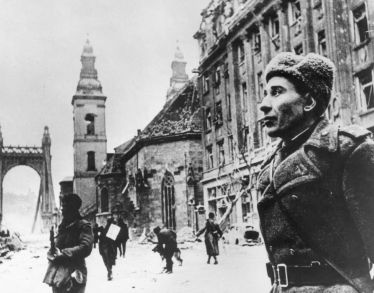What Margaret Thatcher meant to Hungary
It is a most fitting tribute: an iron and steel statue of the Iron Lady in a city once behind the Iron Curtain. And not just any city – but Budapest, a place that Mrs Thatcher electrified with her visit in February 1984. The statue commemorating her 100th birthday was unveiled last week in the




